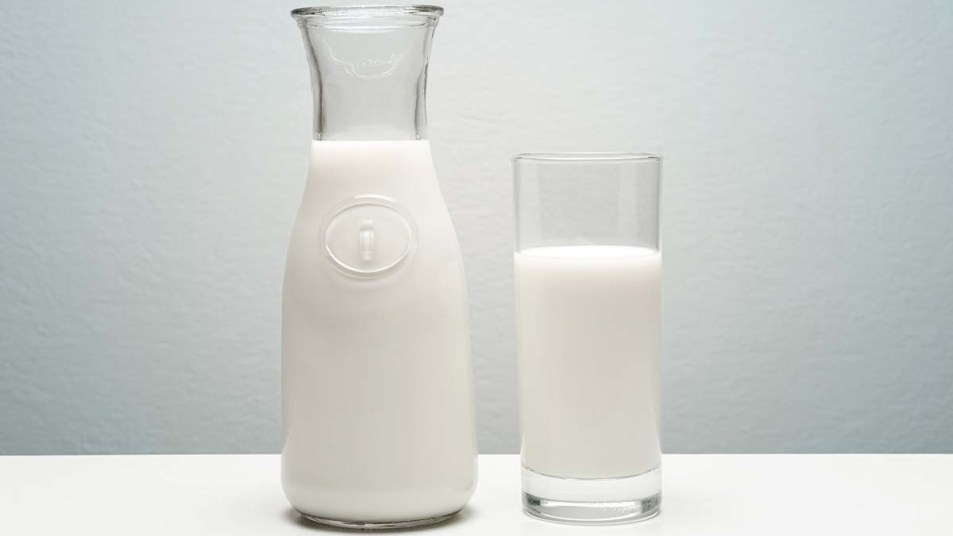More Bad News for Milk — This Variety Is Linked to Cognitive Decline, Study Says

Milk is a staple in my diet — I put it in coffee, oatmeal, and cereal, so it’s almost impossible to imagine going a day without it. But if you’re like me, you might want to reconsider the type of milk you’re drinking, as research warns that a certain variety could negatively affect your brain health over time. Specifically, a new study revealed a possible connection between drinking whole milk and an increased risk of cognitive decline.
Diving Into the Research
A research article published in the journal Molecular Nutrition Food Research looked at whether dairy consumption could cause changes in cognition. This study was conducted in Spain and involved 4,668 obese participants (48 percent women) who had an average age of 65 years old.
Participants completed food frequency questionnaires, which asked about their intake of dairy products including milk, yogurt, and cheese. The dairy products were broken down into four subcategories: low-fat, whole-fat, fermented, and non-fermented dairy.
Researchers also conducted various cognitive performance tests, both at the beginning of the study and during the two-year follow-up period. These tests measured each participants’ memory, attention span, verbal ability, and executive function.
Multivariable linear regression models allowed researchers to see changes in cognitive function over the two-year period based on dairy consumption.
The Findings
The results didn’t show any negative effects on cognitive performance after consuming low-fat milk, yogurt, cheese, or fermented dairy on a regular basis.
However, higher milk intake — specifically, whole milk — was linked with a greater rate of cognitive decline over a two-year period.
The reason why? The authors referenced a 2008 study published in the International Journal of Geriatric Psychiatry revealing that abundant saturated fat intake (a type of dietary fat) from milk products during midlife eventually leads to mild cognitive impairment later on.
The health experts at MedlinePlus.gov warn that consuming too much saturated fat causes cholesterol to build up in your arteries, which increases heart disease risk and negatively impacts brain health.
According to the USDA, one cup of whole milk contains almost 5 grams of total saturated fat. This is a significant amount of saturated fat for just one drink, as the American Heart Association‘s (AHA) recommendation is 13 grams per day for a 2,000 calorie diet.
What This Means for You
The good news is, you don’t have to give up drinking milk entirely. Here are two simple ways to enjoy the beverage without the guilt:
- Choose dairy milk options that are lower in fat. The AHA encourages adults to aim for 2 to 3 servings of fat-free or low-fat dairy products each day instead of the full-fat kind. Be sure to look out for options like fat-free, zero-fat, no-fat, or nonfat in the dairy aisle.
- Consider non-dairy alternatives. These days, there are plenty of healthy non-dairy alternatives to consider. Try adding sesame, flax, or chia milk to your diet, as these all contain lower levels of saturated fat than the full-fat variety.
In addition to diet tweaks, speak with your doctor about avoiding health troubles that could lead to cognitive decline. Working to protect your brain now can provide you with a sense of relief, and may even help you evade dementia or Alzheimer’s down the road.













